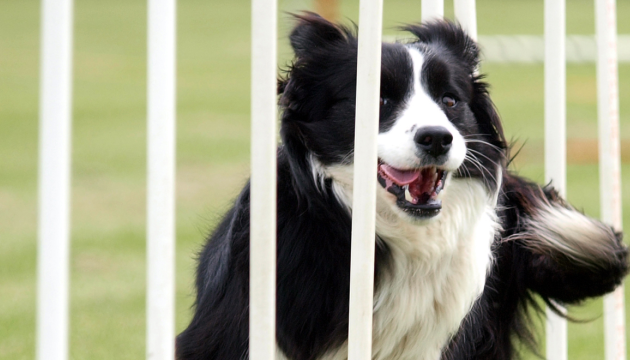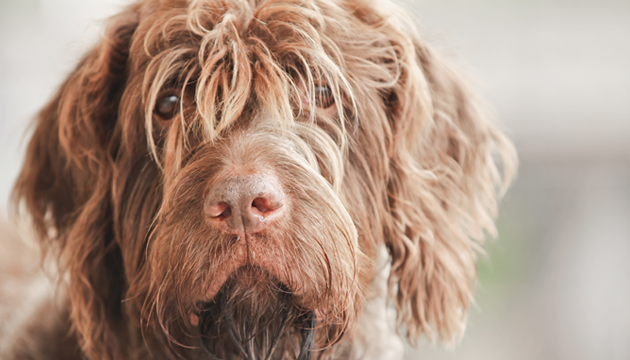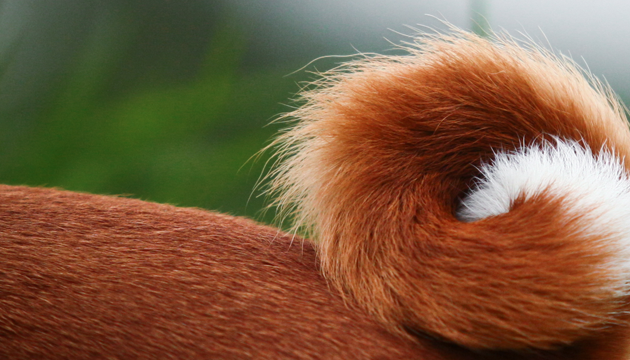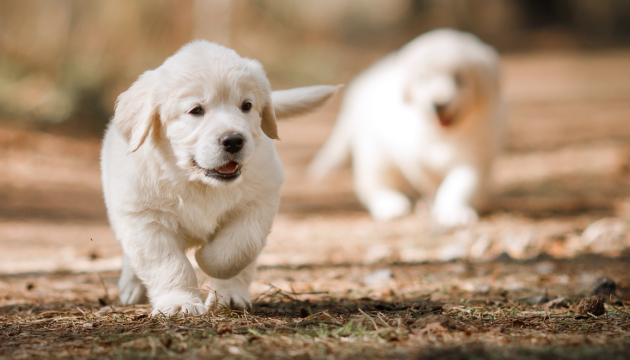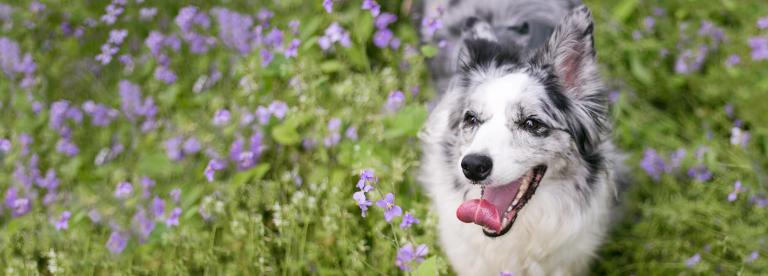

Toxic foods for dogs
We all love sharing some treats with our furry friends, but what we humans eat can be seriously toxic foods for dogs. It is essential to be aware of what is safe and what is not when it comes to your dog's diet. In this guide, we will shed some light on toxic foods for dogs. Also, you will find out the typical symptoms of dog’s food poisoning and intestinal blockage.
Let's keep our furry companions healthy and happy!
10 toxic foods for dogs
- Alcohol: Even a small amount of alcohol can harm a dog’s liver. Symptoms are similar to other poisonings.
- Avocado: Beware of the pit, which can lead to intestinal blockage. Avocados also contain persin, which can be toxic to dogs in high doses.
- Baking yeast and yeast-containing dough: Keep yeast dough away from your dog; it can expand painfully in the stomach and release ethanol, which is dangerous for dogs.
- Caffeine: Coffee, tea, and cola drinks usually contain caffeine, which increases the dog’s heart rate and can lead to cardiac issues, hyperactivity, vomiting, and diarrhoea.
- Chocolate: Theobromine in chocolate is toxic to dogs, especially dark chocolate. All types of chocolate and cocoa powder should be out of the dog’s reach.
- Garlic and onions: It is controversial if onions and garlic are toxic foods for dogs. Research says that excessive amount of onions and garlic can lead to anaemia in dogs. So, if you want to be on the safest side, do not give onions or garlic to your dog. If you must give garlic, use Aged Garlic Extract (AGE).
- Grapes and raisins: The toxicity level is unknown, so it is safest to avoid them altogether. Grapes and raisins can cause poisoning symptoms and damage the dog’s kidneys.
- Macadamia nuts: Some pastries contain these toxic nuts. Be causes with other nuts as well.
- Dairy: Most adult dogs cannot digest lactose and may experience abdominal pain and diarrhoea from it. The exception is fermented dairy products, such as buttermilk, cottage cheese and yogurt that are safe for dogs to eat.
- Xylitol: This sweetener causes excessive insulin secretion in dogs, resulting in a drastic drop of blood glucose and a hypoglycemic shock. Xylitol can also cause liver damage. Keep anything containing xylitol, like chewing gum and pastilles far away from your dog all times!
Common symptoms of poisoning in dogs
- Vomiting
- Increased drooling
- Diarrhoea
- Difficulties to breath
- Cramping
In addition to poisoning, some toxic foods for dogs can damage the dog's body in the long term.
Looking for safe treats for your dog? Check out PrimaDog Northern Treats that are made from fresh meat without any grains or added sugar. These treats will make your dog crave for more.
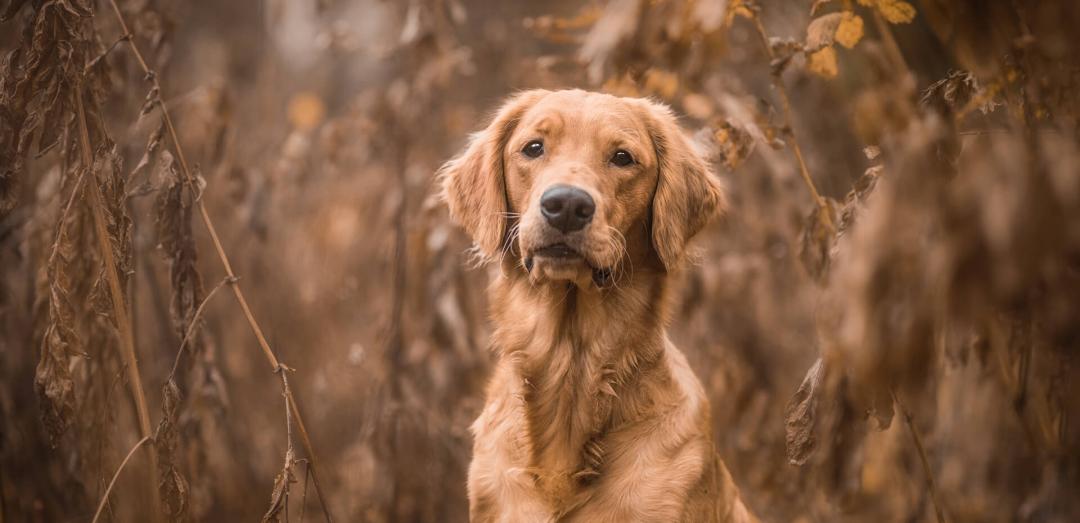
Other dangerous foods for dogs
Apart from the toxic foods for dogs, there are some other nibbles that can spell trouble for your furry friend.
Medicine for humans: Only use vet-prescribed medicines. Human drugs, like Ibuprofen, can be highly toxic to dogs.
Cooked bones: If you are thinking of tossing your dog a bone, opt for a raw bone or go for commercial rawhide chew bones. Cooking alters the structure of bones, making them potentially sharp and hazardous for your dog's digestive system. Whether raw or cooked bones, there is also a risk of tooth injury, choking, tummy troubles, and even blockages in the intestines. Keep these risks in mind if feeding your dog raw bones and do not leave the dog alone with a bone.
Corn cobs: While they might look like a tempting thing to chew, steer clear of giving your dog left-over corn cobs. Dog’s intestines cannot digest them, so eating a corn cob can easily lead to a troublesome intestinal blockage.
Commercial chew bones are safer choice for your dog than other bones since they are not as hard, and they are easier to digest. Check out 3 reasons to give your dog a chew bone in a regular basis.
Intestinal blockage in dogs
Some dogs have a knack for munching on things they really should not. Whether it is a rogue sock, a chunk of bone that is a tad too ambitious, or even some plastic from the bin, they are not always great at picking their snacks.
Now, here is the serious bit: this kind of munching can lead to a right pickle called intestinal blockage. It is a big deal. This situation can get serious real quick, potentially causing damage to the intestines and other nasty complications, even death. So, if you suspect your furry friend is got himself into a bit of a chewy situation, do not hang about – get them to the vet right away
Symptoms of intestinal blockage in dog
- Sudden vomiting, the dog can’t keep food or water down
- Diarrhoea, but also constipation when the condition is prolonged
- Abdominal pain
- The dog’s belly can seem to be bloated and may feel hard
- Lack of appetite
- Weakness or uneasiness
Always contact your vet, if you suspect your dog has eaten something poisonous or a foreign / sharp object.

